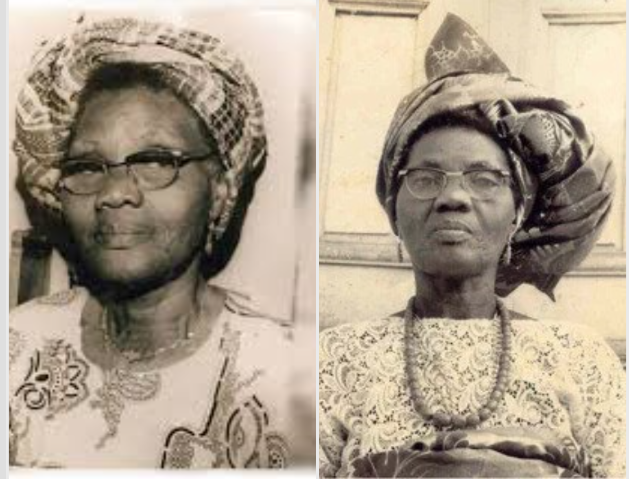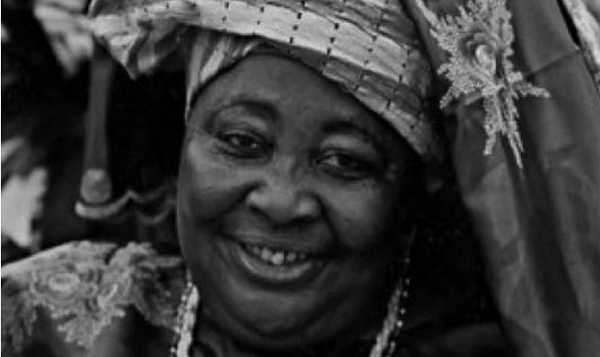In the years that led to Nigeria’s independence from Britain in 1960, there were women whose contributions not only defined how Nigerians stood up to the colonialists then but also led active political and socio-economic movements that culminated into Nigeria’s independence.
But most often than not, when the likes of Anthony Enahoro, Nnamdi Azikiwe and Remi Fani-Kayode are mentioned, names of women like Funmilayo Ransome-Kuti, Hajia Gambo Sawaba, and Margaret Ekpo are conveniently left out.
Funmilayo Ransome-Kuti

Born October 25, 1900, Funmilayo Ransome-Kuti earned herself the nickname Lioness of Lisabi owing to her successful campaign against arbitrary taxes levied on Egba women.
A teacher by profession and political campaigner and women’s rights activist by conviction, Ransome-Kuti, in 1949, led a protest against the Alake of Egbaland, who was collecting taxes on behalf of the United Kingdom Government. The protest forced Oba Ademola II to relinquish his crown. She also led a successful campaign against separate taxes for women.
Through the Federation of Nigerian Women Societies, which she founded in 1953, Ransome-Kuti continued to champion women’s rights in the years leading to Nigeria’s independence. She was one of the first Nigerian women to form political parties and was one of the delegates who negotiated Nigeria’s independence from Britain.
She was killed in 1978 when ‘unknown soldiers’ attacked her son, Fela Anikulapo-Kuti’s Kalakuta Republic residence.
Hajia Gambo Sawaba

At age 17, Hajia Sawaba had already become politically active and used her membership of the Northern Elements Progressive Union (NEPU) to campaign against under-aged marriages, forced labour and also advocated for Western education.
With mentorship provided by Funmilayo Ransome-Kuti, Sawaba became a driving for northern women liberation and was a guest of security agencies for her views, which raged against the prevailing values of northern Nigeria in those days.
Hajia Sawaba died in October 2001.
Margaret Ekpo

Born July 27, 1914, in Creek Town in the present-day Cross River State, Ekpo’s education was temporarily halted after her father Okoroafor Obiasulor died in 1934.
Her journey into politics was fortuitous. Her medical doctor husband was working for the government and could not attend political meetings. Ekpo attended those meetings on his behalf, and her interest in politics grew. She later formed Aba Township Women’s Association in 1954, a year after the NCNC nominated her to the regional House of Chiefs.
Ekpo also worked with Ransome-Kuti to protest the killings of the leaders of a local group that protested against the practices of the colonial owners at an Enugu coal in the early 1950s. She was elected into the Eastern Region parliament between 1961 and 1965.

